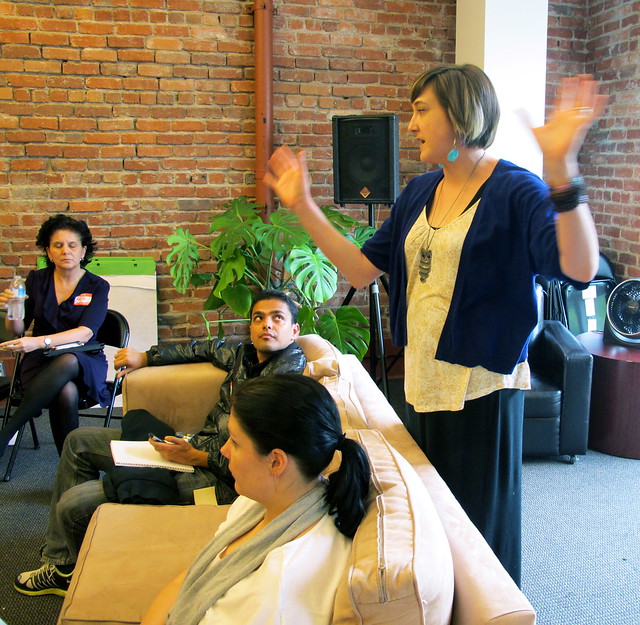re*treat.
(verb) withdraw to a quiet or secluded place.
(noun) a designated time of seclusion from routine activities to gain clarity and/or renewal.
When planning a retreat, when does it make sense to bring in an experienced facilitator? Groups can often self-facilitate. However, engaging an outside facilitator is particularly beneficial in situations where the retreat purpose can only be achieved by taking on high-stakes decisions, controversial topics, complex problems, or emotionally triggering conversations. Additionally, if the size of the group is larger than 8 people, a trained facilitator is helpful. Finally, if the retreat purpose encompasses the team learning how to more effectively collaborate, an experienced facilitator can provide the dual function of process guidance and developmental coaching.
In this blog series on retreat planning (part 1 and part 2) I have described the key design decisions that go into putting on a successful offsite that has a sustainable impact on your team and organization. One design consideration I’ve alluded to is choosing a retreat facilitator. Picking the wrong facilitator can cause a promising agenda to be derailed. Likewise, a skilled facilitator can bring value to your offsite experience in a variety of ways, including:
* Serving as a thinking partner in the design and planning of the retreat
* Creating a safe and respectful environment in which people can speak honestly
* Offering methods and approaches that foster critical and creative thinking
* Helping the group move toward concrete decisions to which members feel committed
* Ensuring balanced participation from all retreat attendees, regardless of title, gender, etc.
* Intervening in behaviors that undermine the retreat agreements and goals
* Providing feedback and coaching to the group on how to work together effectively
In looking for and selecting a retreat facilitator, here are some of the characteristics you should look for:
Principled and Positive Pro who adheres to an explicit code of ethics for facilitators and brings an attitude of optimism and calm, even in the most challenging situations.
Outcome-Focused Guide whose design choices and interventions are always informed by the purpose of your retreat.
Caring Coach who has the skill and temperament to deliver critical and positive feedback supported by theory and research on effective collaboration and decision-making.
Inviting Presence that conveys neutrality regarding your content, welcomes different views, and creates a safe environment for all participants to speak candidly.
Skillful Synthesizer who recognizes and points out patterns emerging from your conversation, names common ground and differences, and captures retreat insights, questions, and decisions.
Agile Interventionist who is capable of taking real-time action in order to ensure the retreat environment is focused, productive, and safe. This involves assertiveness with a soft touch.
If you are looking for skilled facilitators in your area, a good starting place is the directory of the International Association of Facilitators.
What else do you look for when you are hiring a professional facilitator?
Photo Credit: Net2Photos
